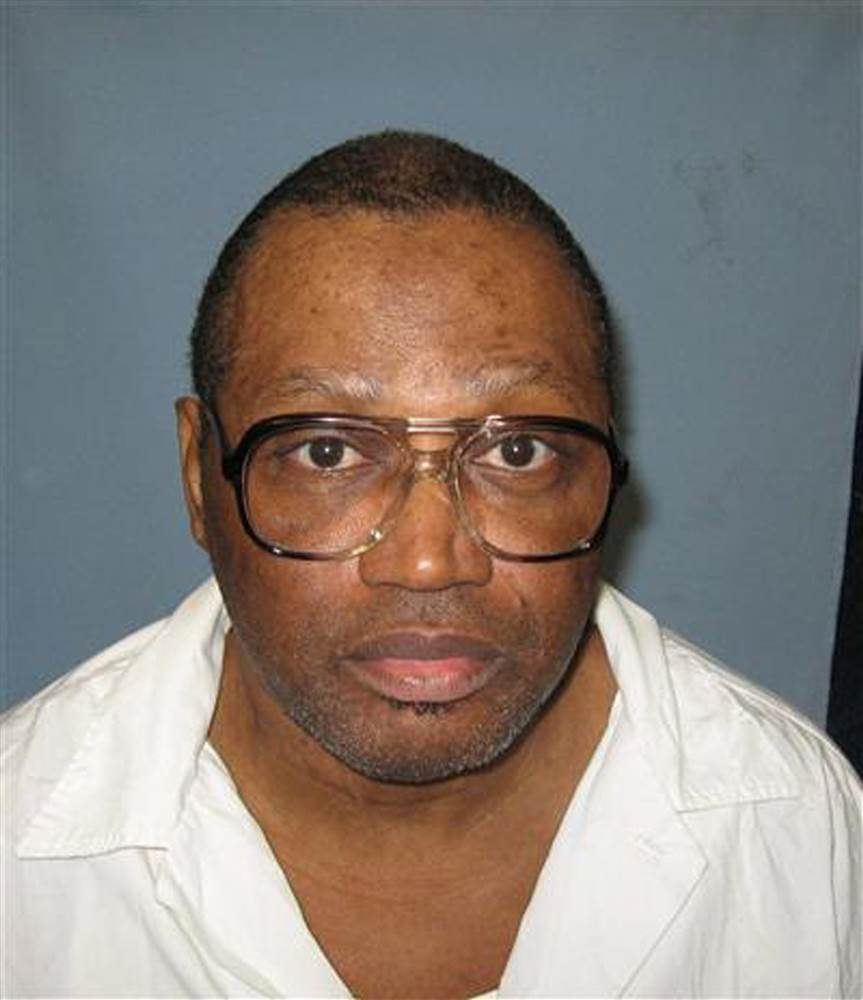Vernon Madison is on death row after having been convicted of killing a Mobile police officer, but unable to stand trial.
66 year old Vernon Madison is on death row after having been convicted of killing a Mobile police officer, Julius Schulte, in April 1985, but is unable to stand trial. Madison was found guilty of shooting the officer in the head after Schulte had responded to a report of missing child in the home where Madison was staying. Madison also shot his one time girlfriend, though she was lucky enough to survive the attack. The case should have been open and shut, but it proved to be anything but that.

Since his incarceration, Madison has suffered a series of strokes that have left him with memory loss and difficulty communicating. His vascular dementia has caused the federal Atlanta based 11th U.S. Circuit Court of Appeals to rule on Wednesday that he is incompetent for execution. Suffering from memory lapses, Madison is unable to recall that he did anything wrong. When questioned by an expert, a neuropsychologist, whether he knows why he is being detained, he replied, given the circumstances and what’s going on around him he can only guess what he did “must have been a murder”. Yet, he is unsure and cannot remember the victim’s name. He also doesn’t believe he truly killed anyone because, as he says, “I never went around killing folks.”
In addition to his stroke related dementia, Madison is also legally blind and in poor physical shape — he is incontinent, and is unable to walk without help. The court appointed expert has found no evidence to contradict Madison’s vascular dementia diagnosis or to prove the convicted felon is trying to drag out his execution. Because, according to the expert’s testimony, he is unable to make a coherent connection between his past crime and execution, or comprehend the reasoning behind why he is on death row, Madison’s execution cannot be carried out.
Writing on behalf of the majority, U.S. Circuit Judge Beverly Martin commented that the lower court simply misinterpreted a statement from court appointed psychologist Dr. Karl Kirkland about Madison’s ability to comprehend his sentence. The expert’s testimony “demonstrates that he simply wasn’t looking at the right issues,” the court said. “The only evidence in the record that does address this issue demonstrates that, due to his serious mental disorder, Mr. Madison does not understand the connection between his crime and his execution.”

The appeal court’s decision is in line with the ruling in Ford v. Wainwright in 1986, concluding that executing a person who cannot understand the reason for his or her execution violates the Eighth Amendment to the United States Constitution’s ban on cruel and unusual punishment. Madison’s first two convictions had been overturned on appeal. The Alabama Court of Criminal Appeals overturned Madison’s first conviction because prosecutors had excluded African Americans from the jury pool. A second conviction was set aside because prosecutors elicited expert testimony “based on facts not in evidence.” A jury ultimately convicted Madison in his third trial and had recommended life in prison, which a judge overrode and imposed the death penalty instead.
Sources:
Alabama Execution Halted After Supreme Court Allows Lower Court Order To Stand
Death row inmate with vascular dementia is incompetent for execution, 11th Circuit rules


Join the conversation!